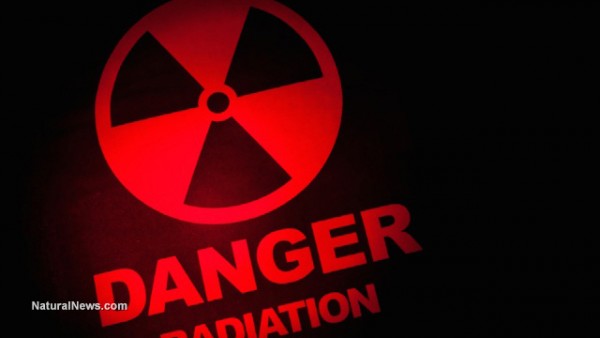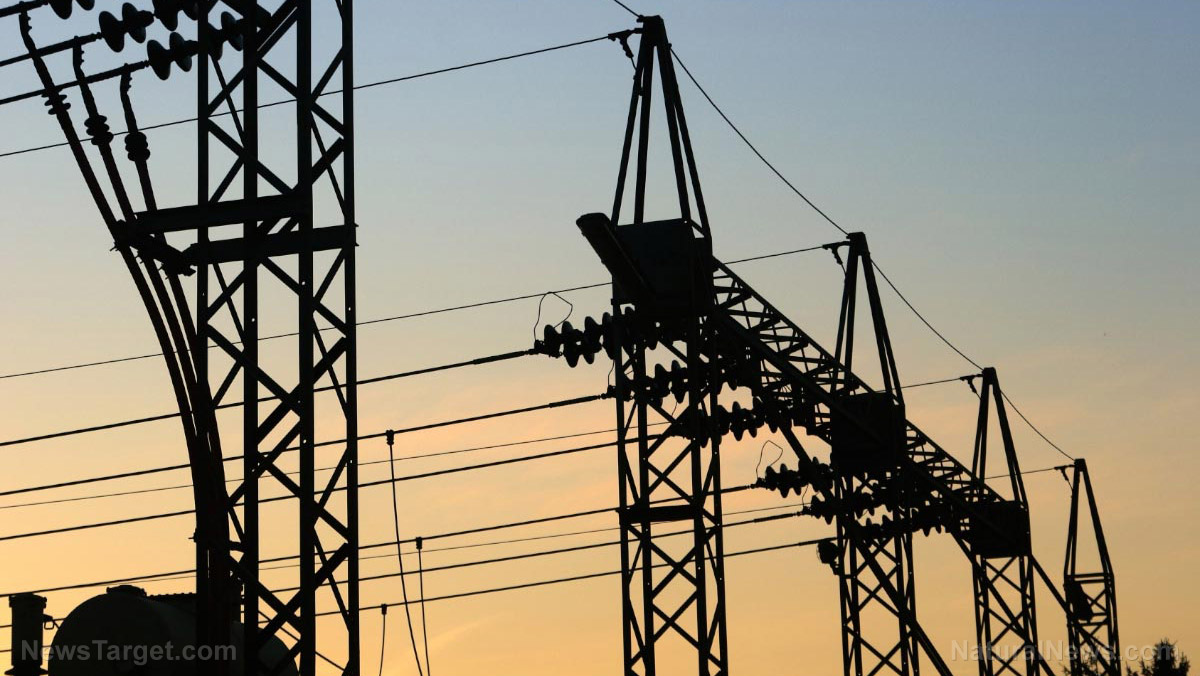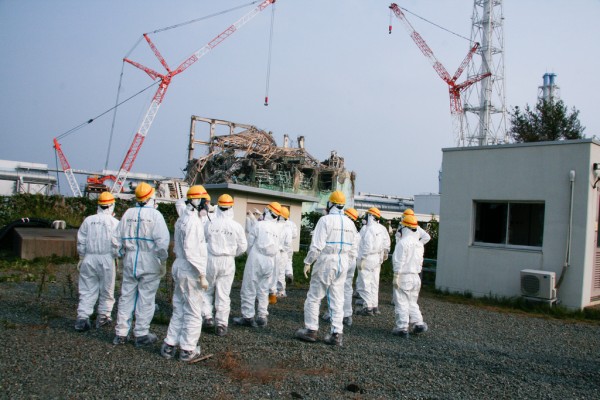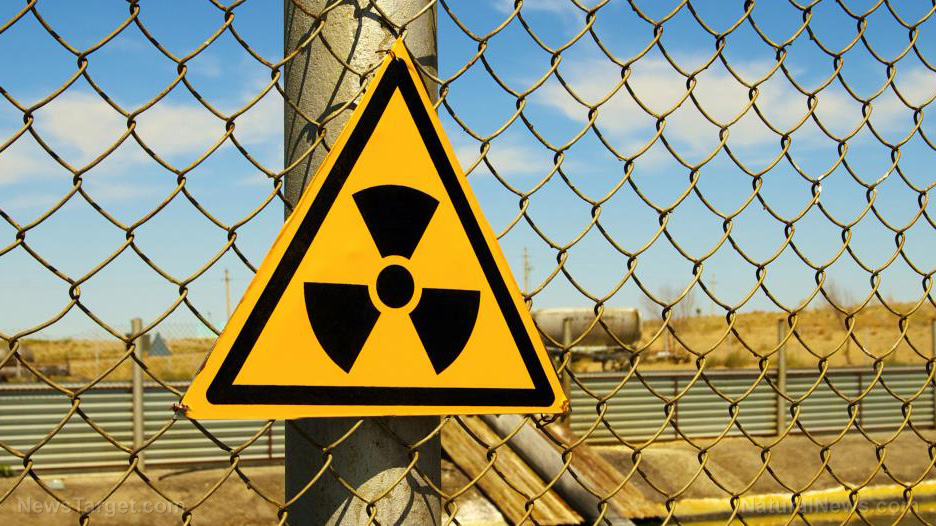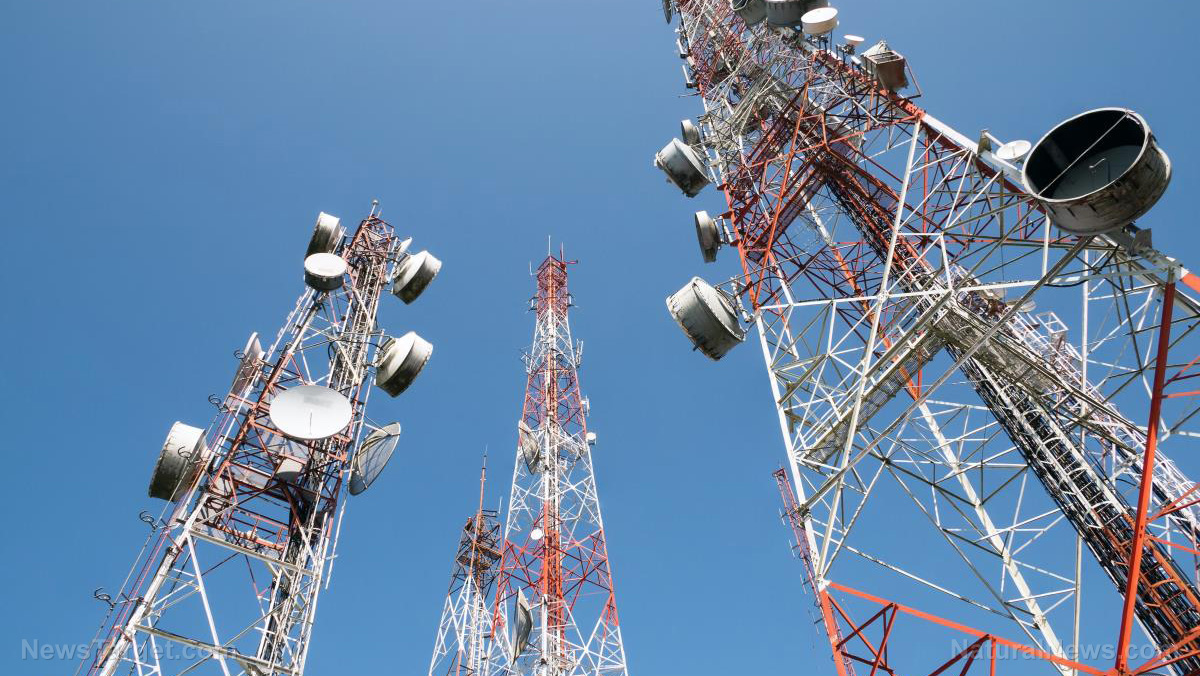It’s not a secret that nuclear radiation is dangerous: Not only does it cause cancer, even seemingly small amounts of the stuff can be lethal. Exposure to high enough levels can be deadly in frighteningly short periods of time. But for the survivors of the Fukushima disaster, and those living in surrounding areas, radiation and cancer aren’t the only health concerns. New research has shown that in communities nearest the power plant, cases of type 2 diabetes are on the rise.
Researchers have been analyzing the secondary health effects of the nuclear disaster, which took place seven years ago now. Dr. Masaharu Tsubokura, from the Department of Radiation Protection at Minamisoma Municipal General Hospital in Fukushima, has been working alongside other researchers to better understand the full scope of Fukushima’s health consequences. Their findings indicate both an increase in the number of cases, and a rise in severity of, health conditions like diabetes, high blood pressure, obesity and depression.
Dr. Tsubokura says that the social disruption caused by the evacuation has played an under-reported role on public health. As the research reveals, the elderly in particular have been hardest hit by the disaster — especially when it comes to diabetes. In the wake of Fukushima, “diabetes trumps radiation as a threat to life expectancy by a factor of 33,” sources say.
This is not to say that diabetes is more dangerous than radiation — but the finding shows that the number of people being afflicted by diabetes post-disaster is surprisingly high. The risk of type 2 diabetes, and poor diabetes management, as an indirect effect of the nuclear spill is substantial.
More than just a disrupted lifestyle?
The 2017 research paper highlights the fact that the effects of such disasters extend far beyond the acute: Indirect health issues abound after such an extreme disruption to normal life. But, is that really the only explanation?
Dr. Vivian Fonseca, assistant dean for clinical research at Tulane University in New Orleans reported similar effects in her post-Hurricane Katrina research. She noted that diabetes management “goes haywire” during the aftermath of a disaster — and the condition is heavily influenced by lifestyle factors like diet and exercise. The social stress of an evacuation and potential social isolation also weigh quite heavily on people who’ve already been diagnosed with the condition.
Scientists say the full scope of health ramifications is difficult to accurately ascertain; it’s hard to say what the mediating factors are (outside of the radiation, of course). But, that hasn’t stopped the Japanese government from wanting to build roads out of radioactive Fukushima dirt.
Some research from the Ukraine has documented a staggering increase in cases of diabetes and other non-cancer endocrine disorders. Even 30 years after the Chernobyl power plant incident, increased cases of diabetes and other conditions in survivors are still being documented. Scientists from the Ukraine reported in 2017 that levels of diabetes in radiation-exposed survivors (including site clean-up workers) remain noticeably higher than the rest of the population.
This finding could raise questions about the purported increase of diabetes in Fukushima survivors. While scientists say that this increase is due to the massive social disruption caused by the evacuation, one might wonder if there’s more to it than that. As the Ukrainian scientists note, research has shown that the endocrine system may be more affected by exposure to radiation than previously thought, especially the pancreas.
The idea that an increase in diabetes could be related to radiation exposure and not just lifestyle changes alone isn’t all that far-fetched, is it?
Read more stories about how radiation affects health at Radiation.news.
Sources for this article include:
Ozy.com
Endocrine-Abstracts.org



